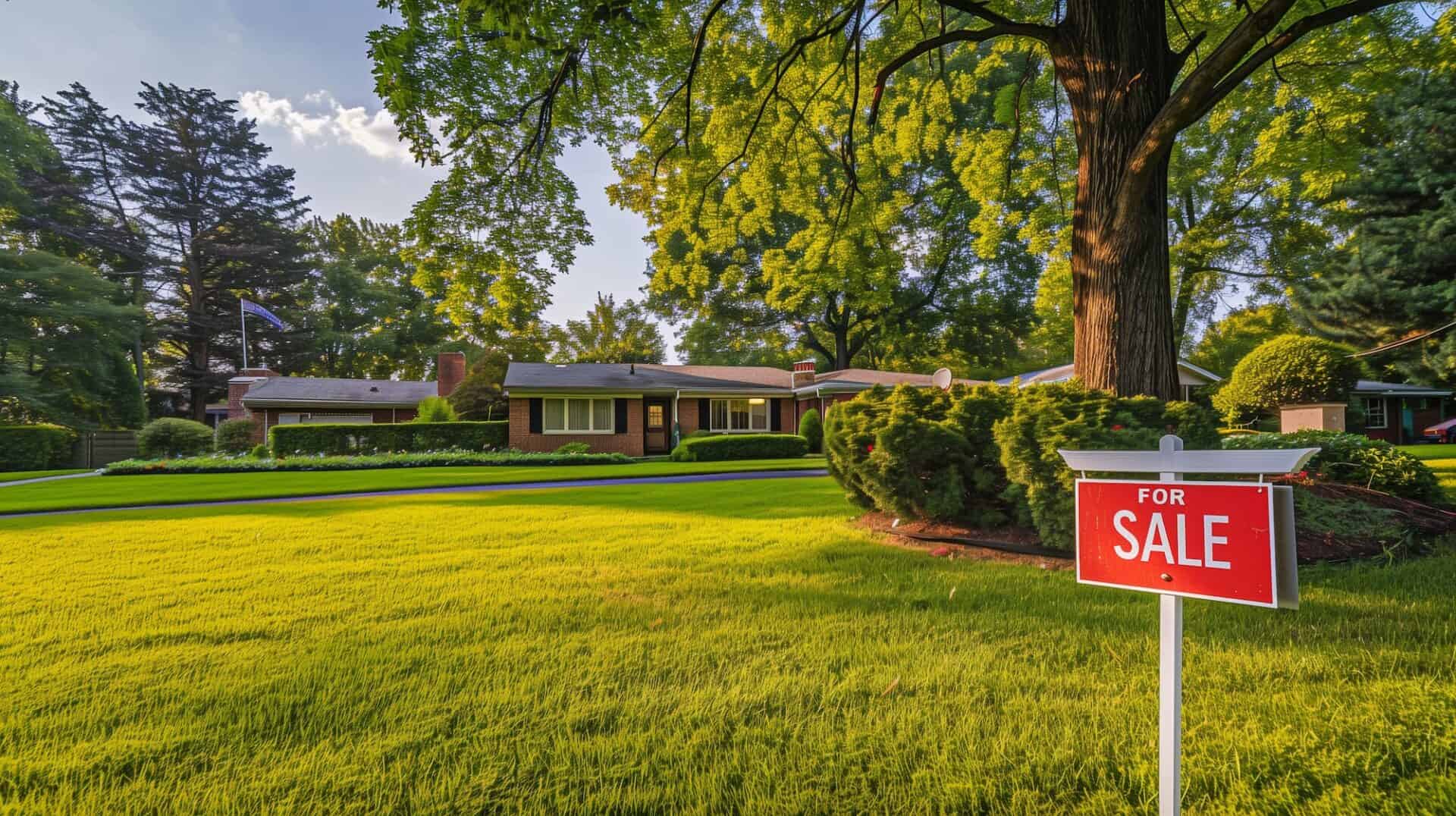At 1031 Exchange Place, we’re committed to guiding you through the intricacies of 1031 exchanges. A popular strategy among real estate investors, a 1031 exchange allows for the deferral of capital gains taxes when one investment property is sold and the proceeds are reinvested in another property of equal or greater value. However, the application of this strategy to personal residences is not straightforward. This article explores the nuances of performing a 1031 exchange on your personal residence.
Key Principles of a 1031 Exchange
A 1031 exchange, named after Section 1031 of the Internal Revenue Code, is a powerful tool for real estate investors, enabling them to defer capital gains taxes under specific conditions. Here are the expanded key principles:
- Like-Kind Property and Its Broad Interpretation: The term “like-kind” refers to the nature or character of the property rather than its grade or quality. Real estate properties are generally considered like-kind to one another, regardless of whether they are residential, commercial, or land. This broad interpretation allows for a flexible approach in selecting replacement properties, encouraging investment growth and portfolio diversification.
- Investment or Business Use: A Critical Criterion: The 1031 exchange is designed for properties held for investment purposes or used in a trade or business. This criterion underscores the intent behind the tax code to support the growth of economic activities and investments rather than providing benefits for personal use properties. The distinction between investment/business property and personal use property is pivotal, guiding the eligibility for a 1031 exchange.
- The Role of Qualified Intermediaries in Facilitating Exchanges: A qualified intermediary (QI) plays a crucial role in the 1031 exchange process. This entity holds the proceeds from the sale of the relinquished property and helps ensure that the exchange meets all IRS requirements, including time constraints and the proper reinvestment of funds. Choosing a reputable and experienced QI, such as 1031 Exchange Place, is essential for a successful and compliant exchange.
The Personal Residence Exception
Personal residences stand apart from investment and business properties in the context of a 1031 exchange. This section explains why personal residences are excluded and the implications for homeowners.
- Personal Use Property vs. Investment/Business Property: Personal residences are used for living and not for generating income or conducting business. This fundamental difference is why the IRS excludes personal residences from 1031 exchanges. The tax code aims to incentivize investment and economic activity, which does not typically apply to personal living spaces.
- Capital Gains Treatment for Personal Residences: While 1031 exchanges do not apply, homeowners selling their personal residences may benefit from other tax provisions, like the Section 121 exclusion, which offers a significant tax relief on capital gains. This provision recognizes the importance of homeownership and provides a tax benefit aligned with personal use properties.
- Mixed-Use Properties are a Gray Area: Properties that serve both as a personal residence and a business/investment property introduce complexity into tax considerations. Portions of such properties used for business or investment purposes may qualify for a 1031 exchange, subject to strict IRS rules and interpretations. This area requires careful navigation and professional advice to ensure compliance and optimize tax outcomes.
Understanding the detailed aspects of 1031 exchanges, including the strict criteria for like-kind properties, the necessity of holding properties for investment or business use, and the pivotal role of qualified intermediaries, is crucial for real estate investors. Similarly, recognizing the clear boundary the IRS sets between personal residences and investment/business properties helps in making informed decisions about property sales and tax deferral strategies. For personalized guidance and support in navigating these complexities, partnering with experienced professionals like those at 1031 Exchange Place is invaluable.
Alternative Tax Provisions for Personal Residences
Although a 1031 exchange might not be viable, homeowners might benefit from other tax provisions, such as the Section 121 home sale exclusion. This allows the exclusion of up to $250,000 (or $500,000 for married couples filing jointly) of capital gains, provided the homeowner has lived in the residence for at least two of the five years preceding the sale.
Potential for a 1031 Exchange in Unique Circumstances
While the IRS regulations generally exclude personal residences from 1031 exchanges, certain unique situations can open the door for a partial qualification. These scenarios often involve mixed-use properties, where a distinct portion of the residence serves a business or investment purpose. Here’s a closer look at these exceptions:
- Mixed-Use Properties: Properties that straddle the line between personal use and investment/business use present an interesting opportunity. For instance, if you operate a business from your home or have a designated rental unit within your residence, this portion might qualify for a 1031 exchange. The key is clearly demarcating and justifying the portion of the property dedicated to investment or business use, both in terms of physical space and time.
- Compliance & Documentation: To qualify a portion of your residence for a 1031 exchange, meticulous documentation and strict compliance with IRS rules are paramount. This includes maintaining separate financial records, proving income generation from the specified portion, and possibly obtaining professional appraisals to establish the fair market value of the distinct areas of the property.
- The Role of Professional Advice: Given the complexities and potential for scrutiny, consulting with tax and legal professionals becomes indispensable in these scenarios. These experts can help navigate the intricacies of the tax code, ensure proper documentation, and provide strategic advice to maximize the benefits of a 1031 exchange within the confines of the law.
Expert Guidance from 1031 Exchange Place
When considering a 1031 exchange, especially under unique or complex circumstances, the expertise and support of a qualified intermediary like 1031 Exchange Place become invaluable. Here’s how our team can assist:
- Personalized Consultation & Strategy Development: Our team of experts provides personalized consultations to understand your specific situation, goals, and challenges. We help you develop a tailored strategy that aligns with IRS regulations while optimizing your tax benefits.
- Navigating Complex Transactions: For mixed-use properties or situations with unique challenges, our expertise is critical in ensuring compliance and efficiency. We guide you through every step, from identifying eligible portions of your property for exchange to completing the transaction within IRS timeframes.
- Comprehensive Support & Peace of Mind: With 1031 Exchange Place, you gain a partner committed to your success. We handle the complexities of the exchange process, provide clear communication, and offer solutions to ensure your transaction is smooth and compliant. Our goal is to give you peace of mind, knowing that your exchange is managed by experienced professionals.
While the potential for a 1031 exchange on a personal residence is limited to specific and unique circumstances, understanding these possibilities and navigating the associated challenges requires professional insight and support. At 1031 Exchange Place, we are dedicated to providing the expert guidance and comprehensive services needed to explore every opportunity for a 1031 exchange, ensuring compliance and maximizing your tax advantages. Whether your situation is straightforward or involves complex mixed-use considerations, our team is here to help you achieve your investment goals.
RELATABLE FAQS
- Can I Exchange A Property That I Have Used For Both Personal And Business Purposes?
- Can I Exchange Personal Property In A 1031 Exchange?
- What is a Personal Property Exchange?
- What Types Of Property Are Eligible For A 1031 Exchange?
- Which Real Estate Is Not Eligible For Section 1031?
- Can I Exchange A Rental Property For A Vacation Home Or Second Home?

